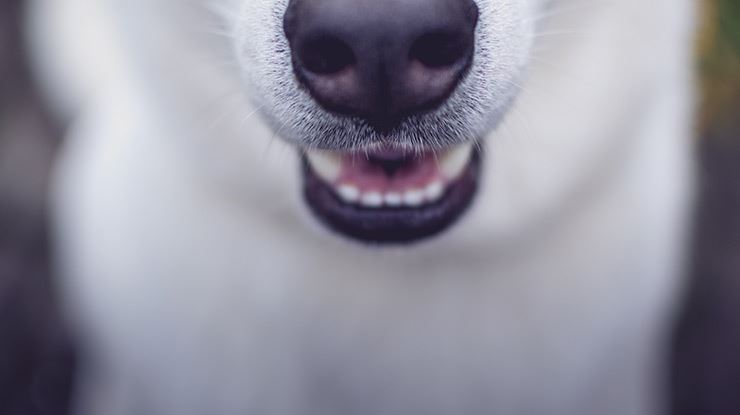
Dental Care Tips Every Dog Owner Should Know
Did you know that your dog needs dental care just like you do? Dogs’ teeth get covered in plaque and harmful bacteria just like human teeth, and those things can lead to serious health conditions if they aren’t cleaned away. Dogs face things as minor as bad breath and as serious as heart disease or cancer if their teeth aren’t taken care of properly. Here are some important dental care tips that every dog owner should know.
Choosing the Right Tools Makes a Difference
There are several different tools out there to help with your dog’s dental care. One of the best ways to keep your dog’s teeth clean is to brush them regularly using dog-safe toothpaste and a toothbrush designed to reach into your dog’s mouth.
If your dog doesn’t feel comfortable letting you put a toothbrush in his mouth, you may need to use a finger-brush, which fits over your finger and allows you to scrub his teeth yourself. Be sure to only use pet-safe toothpaste on your dog.
There are also rinses that can be used to help reduce bad breath, as well as gels that can be applied to dogs’ teeth and gums to improve their health. These can be helpful tools in addition to brushing, but should not take the place of brushing.
How Often Should You Brush Your Dog’s Teeth?
Most experts agree that about three times per week is a pretty good schedule for brushing a healthy dog’s teeth. However, if your dog has poor oral health, you may need to brush his teeth more often. It’s best if you teach your dog from a very young age to allow you to do this, so you won’t have problems with it in the future.
When Should You Seek Veterinary Dental Care?
If you got your dog as an adult, he may not be willing to allow you to stick something in his mouth for dental care. In this case, you may need to see your vet for proper dental care. Even if you do regular dental care at home, a once-yearly deep clean at the vet can be a great idea for some dogs. However, this will be done under anesthesia so that the vet can really take care of the built-up plaque, so you should bear in mind that cost won’t be cheap.
A Note on Dental Chews and Diet for Daily Maintenance
Plaque is also knocked off of dogs’ teeth when they eat crunchy things, which is why dry kibble is healthier for dogs than wet food. If you can, offer your dog dry food only and provide dental chews (such as Greenies) to help him keep his teeth clean between brushings. Older dogs with poor teeth that must eat soft food need to have their teeth brushed more frequently to maintain better oral health.
Helping your dog stay healthy is something that all dog lovers can do with a bit of patience. Brushing your dog’s teeth doesn’t take much time, and once they get used to it, you’ll find that this is a great way to bond with your dog as well.
Author Bio:
Ash Babariya is the co-creator of Simply for Dogs, a licensed breeder of boxers, and a life-long dog lover. Ash’s many adventures at the local dog park with her boxers, Janice and Leroy, have turned her into the local “crazy dog lady”. She shares those adventures, as well as her research into the world of dogs, around the web to promote well-informed pet owning. Ash, Janice, and Leroy share a home in the Midwest with a brood of hens, all sorts of wild critters, and the occasional litter of puppies.










